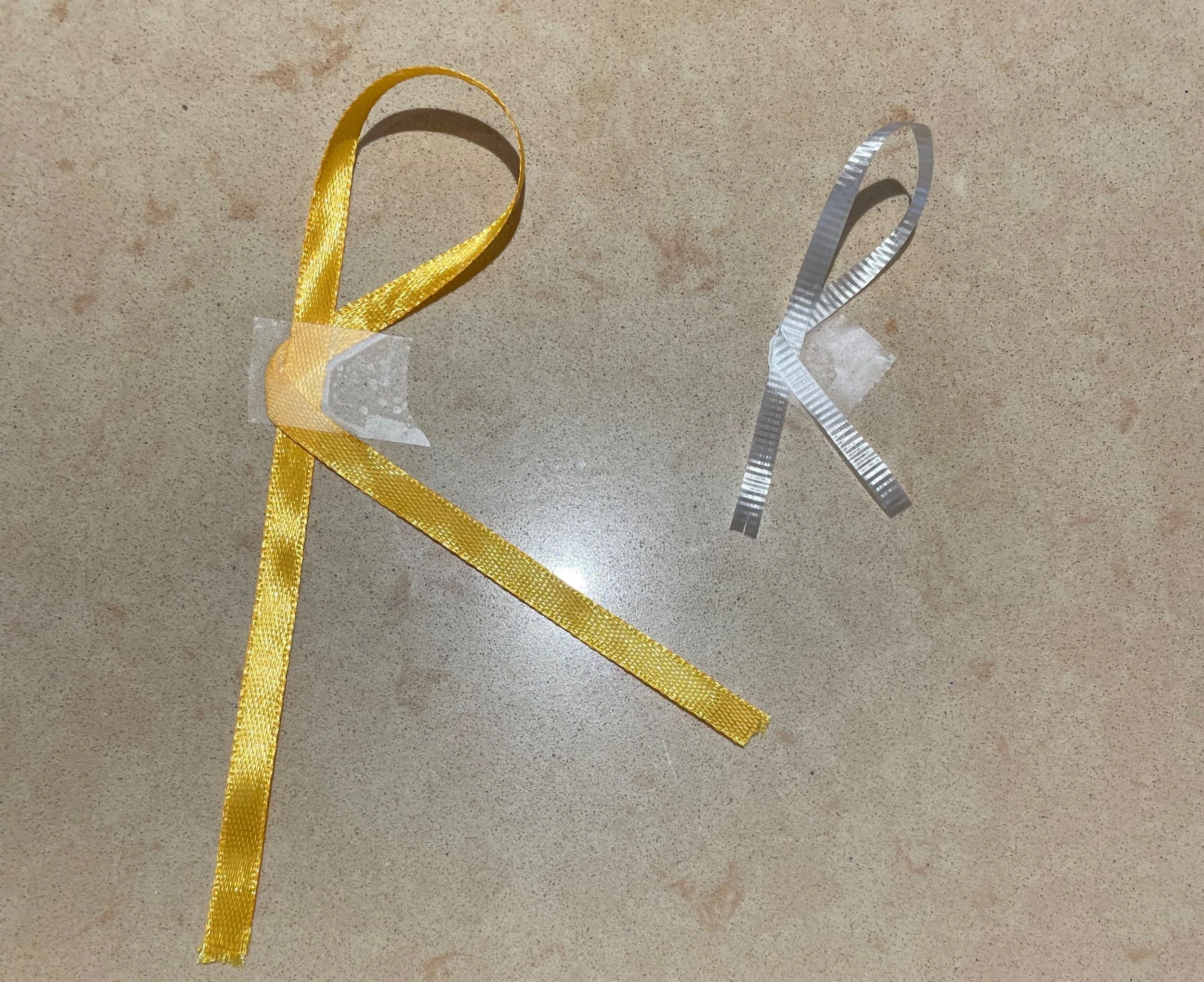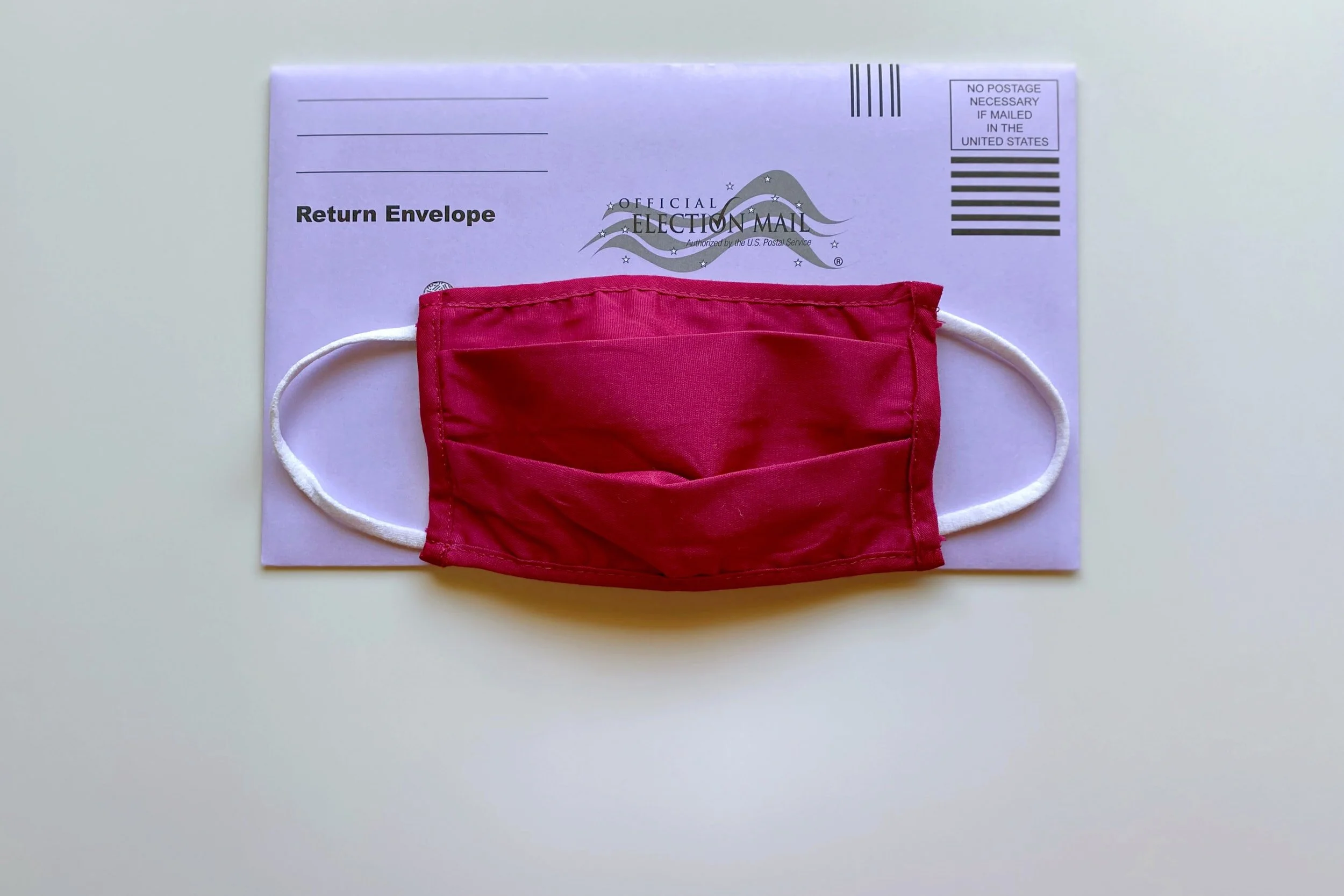We all have secrets, and most are healthy and harmless, but think for a minute about whether you keep a formative secret—some information that you conceal from others and which shapes your key relationships, your work, or some important aspect of your life.
What Does “R“ Mean?
Here in Cincinnati on Sunday January 5th this year the snow started falling, and by Tuesday we had ten inches of white winter. Then on top of the snow and ice on January 20th Trump’s blizzard of executive orders started coming down. Those of us who disapprove of his undemocratic actions must make no secret of our plans to resist.
Retreat, Resist, or Run
Not Even Close
Book Ripples
Why does any fool write a book? It can’t happen without the insistent fantasy that someone somewhere will read it, some day. Secretly, many writers keep writing under the useful delusion that, with a little luck, many people all over the world will read this book, and forever. Even modest writers hope their books will outlive them, a path to one kind of immortality. How else could books get written?
The Fires I Light
I’ve just read a book that changes the way I think about the fires I light. I guess any book that gets us to think about things we overlook is worth sharing. And a book that moves us to change our daily ways of living might even get banned in some states. Imagine a book that might also be dangerous not to read.
How's Your Umwelt?
Art Building a City
Raking for Ukraine
I’ve been avoiding a big problem. And this week my vacation forced me to face it. Blankets, literally blankets of brown leaves (mostly oak but also beech and sycamore and buckeye and you name it) have been smothering our yard for months. Why didn’t I rake them in November? I tried, but the tall trees that surround our house just laughed at me—every year they do that—and the leaves kept falling and blowing in. Then the rain and then the snow packed them down into those huge brown blankets.
What is life?
Digital Donuts
The internet has rescued my social hunger more than once, and for that alone I should bend a knee and give thanks to the internet god, if there is one. The first time in 1996 America Online and Africa Online (the other “AOL”) combined to allow my wife and me to communicate through email for a full year while she lived in Nairobi with three of our sons and I lived in Cincinnati with our oldest. The two AOLs may have saved our marriage that year.
Our Flirtation with the Autocrat
For most of recorded history, we homo sapiens have been led by autocrats. We have organized ourselves under tribes led by chiefs and kingdoms led by kings. Life under autocrats was better than life under chaos before civilization. It never was fair or nice, but it suited the nature we inherited from our herding animal ancestors, who followed their leaders. Those who strayed from the herd died young.
Then, two centuries ago along came a better idea, democracy. No more kings—let the people rule themselves. That was yesterday in history time. Democracy was a radical invention then, born through violent revolutions, over and over.
Seduce Me, Bob
During Election Week 2020 my struggle to keep my bearings involved burying myself, when I’d seen too much for the day of the Electoral College numbers, in two gripping books that happened to be on top of my bedside stack. One was a comforting and inspiring book about an obscure man who has been dead for many years; the other was a disturbing book about an infamous man who is too much alive right now, but may have taken one giant leap toward dying—so-to-speak—that fateful week. That book fed the fire of my anxieties, while the other doused it. I couldn’t have made it through the week without them.
Choosing Our Pit Bulls with Care
Dreaming of the Cure
Thank you, Mother Nature, for gathering us all together under one common threat to bang us over the head with another of Nature’s painful lessons. The lesson that comes to us under cover of the COVID-19 pandemic is that our human race, all 8 billion of us, is now more tightly bound together than ever before. Compared to a century ago when the flu pandemic claimed more lives than this one will, we are now more tightly bound by travel, communication, shared news, the internet, and the global exchange of things. What touches some of us now, even sneaky viruses, may touch all of us. In the balance, I think this is good news, if we can learn to understand it.
Calling All Billionaires
Impeach Joe Biden
Waking Up To Trees
Until we moved into the city six years ago, I spent most of my life ignoring trees. People were more interesting, although I have met some people who are as dull as a tree. For most of my life I could afford to dismiss trees as the slow, silent, and sleepy side of nature. Aside from a handful of the most common trees, I couldn’t remember tree names or what made one tree different from the others.
Our Smartest Hive
One of my pet follies is keeping a few beehives in our back yard. It’s a folly because, since moving our hives from the leafy suburbs into our leafy city neighborhood six years ago, only once have I harvested honey from them and not once has even one of the four hives I’ve bought each spring survived a full year.



















